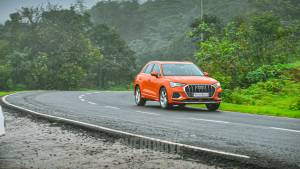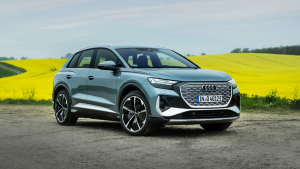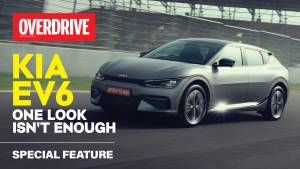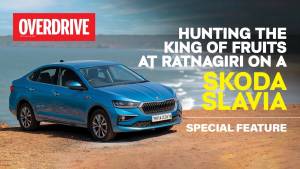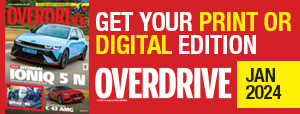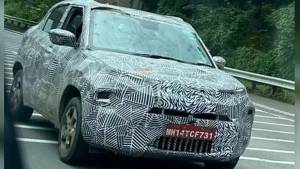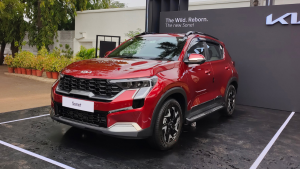Audi RS Q e-tron aims to take on the Dakar with an electrified drivetrain
Audi aims to be the first manufacturer to bring an electrified drivetrain and put it up against conventionally powered opponents in what is considered one of the toughest and most robust rallies, the Dakar. Julius Seebach, managing Director of Audi Sport GmbH and the man responsible for motorsport at Audi said "The Quattro was a game-changer for the World Rally Championship. Audi was the first brand to win the Le Mans 24 Hours with an electrified drivetrain. Now, we want to usher in a new era at the Dakar Rally, while testing and further developing our e-tron technology under extreme conditions. Our RS Q e-tron was created on a blank sheet of paper in record time and stands for Vorsprung durch Technik."
Engineers encounter various obstacles as a result of the Dakar Rally's challenging features. The marathon race lasts for two weeks, with daily stages ranging in length from 200 to 800 kilometers. "That's a very long distance," says Andreas Roos, responsible for the Dakar project at Audi Sport. "What we are trying to do has never been done before. This is the ultimate challenge for an electric drivetrain."
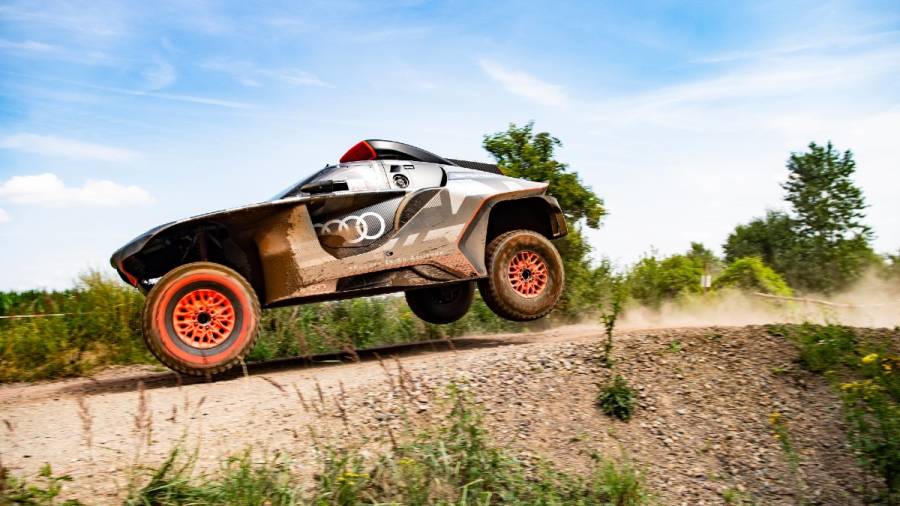
Due to the lack of charging stations in the desert, Audi has devised a novel charging idea. The TFSI engine from the DTM is used in the Audi RS Q e-tron. It's a component of an energy converter that charges the high-voltage battery while you're driving. The specific consumption is substantially below 200 grams per kWh since the combustion engine is operated in a particularly efficient range of 4,500 to 6,000 rpm.
A motor-generator unit (MGU) from the current Audi e-tron FE07 Formula E vehicle, built by Audi Sport for the 2021 season, is installed on both the front and back axles. Just a few modifications had to be made to the MGU to make it Dakar Rally compliant. A third MGU, with the same construction as the others, is part of the energy converter and is used to charge the high-voltage battery while driving. Furthermore, energy is recovered during braking.
"The battery is also a proprietary development that we have realized together with a partner," says Stefan Dreyer, head of development at Audi Sport for motorsport projects. "As engineers, we basically see development potential in every component. But in terms of the drivetrain system, we have already achieved a system efficiency of over 97 per cent in Formula E. There's not much more room for improvement. The situation is quite different with battery and energy management. This is where the greatest development potential lies in electromobility in general. What we learn from the extremely challenging Dakar project will flow into future production models. As always, we are also working closely with our colleagues from road car development on this project."
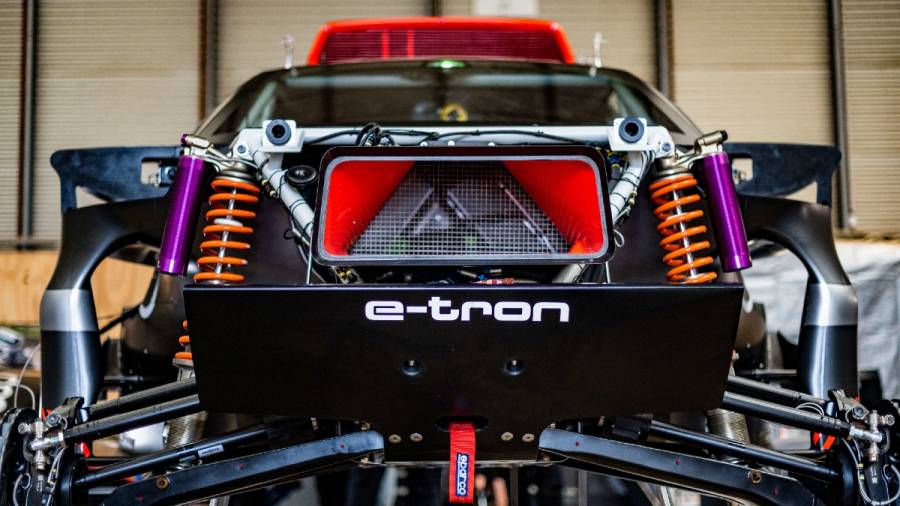
The maximum system power of the e-drivetrain is 500 kW. How much of this may be used during the Dakar Rally is still being finalized by the organizers. The electric drivetrain offers many advantages. The electric motors can be controlled extremely precisely and can thus ensure good drivability. In addition, braking energy can be recovered.
The Audi RS Q e-tron only needs one forward gear. The front and rear axles are not mechanically connected, as is also common in electric vehicles. Audi's software takes over torque distribution between the axles, resulting in a virtual and flexibly programmable center differential. This has the added benefit of saving weight and space that would have been required by prop shafts and a mechanical differential.
The Audi RS Q e-tron is also distinctively different from conventionally powered Dakar prototypes. Juan Manuel Diaz, team leader of Motorsport Design at Audi "The vehicle looks futuristic and has many design elements that are typical of Audi. Our aim was to symbolize Vorsprung durch Technik and the future of our brand."
The Dakar Rally entry is being run in conjunction with Q Motorsport. "Audi has always chosen new and bold paths in racing, but I think this is one of the most complex cars that I have ever seen," says team principal Sven Quandt. "The electric drivetrain means that a lot of different systems have to communicate with each other. Besides reliability, which is paramount in the Dakar Rally, that's our biggest challenge in the coming months."
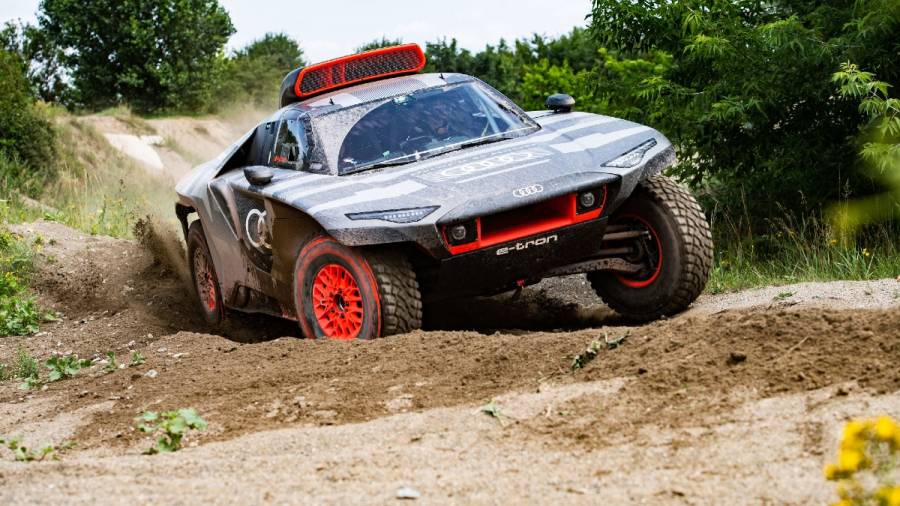
Quandt compares Audi's Dakar project to the first moon landing: "Back then, the engineers didn't really know what was coming. It's similar with us. If we finish the first Dakar event, that's already a success."
The Audi RS Q e-tron prototype made its public debut in Neuburg at the beginning of July. From now until the end of the year, a rigorous test program and the first test entries at cross-country rallies are on the horizon.
"This project's schedule is extremely packed and challenging," says Andreas Roos. "Less than twelve months have passed since the project officially started. We had to begin the development while the regulations for alternatively-powered vehicles had not even been finalized yet. And all of the development took place during the Corona pandemic. You mustn't underestimate that either. What the team has achieved so far is unique. The roll-out was a very special moment for everyone."
Text by Kenneth John
Also read,
Spec comparison: Audi e-tron vs Jaguar I-Pace vs Mercedes-Benz EQC
Audi RS3 breaks cover with 400PS, fastest accelerating hot hatch
Audi to offer e-tron EV in multiple variants e-tron 50, 55 and Sportback 55
Starts Rs 99.99 Lakhs
-NA-
Automatic
317
664
-NA-
Starts Rs 1.05 Crore
-NA-
400
696
-NA-
Related Stories
Top Stories
Latest Videos
Most Popular
- Maruti Suzuki Fronx Drive Feature: Switch to Plan B
- Ford India to make a comeback in 2025? New-Gen Endeavour design patented in India
- Maruti Suzuki Brezza emerges as the most successful SUV of 2023
- Nissan Magnite EZ-Shift review - is the AMT any good?
- Hyundai Creta facelift bookings open for token amount of Rs 25,000

